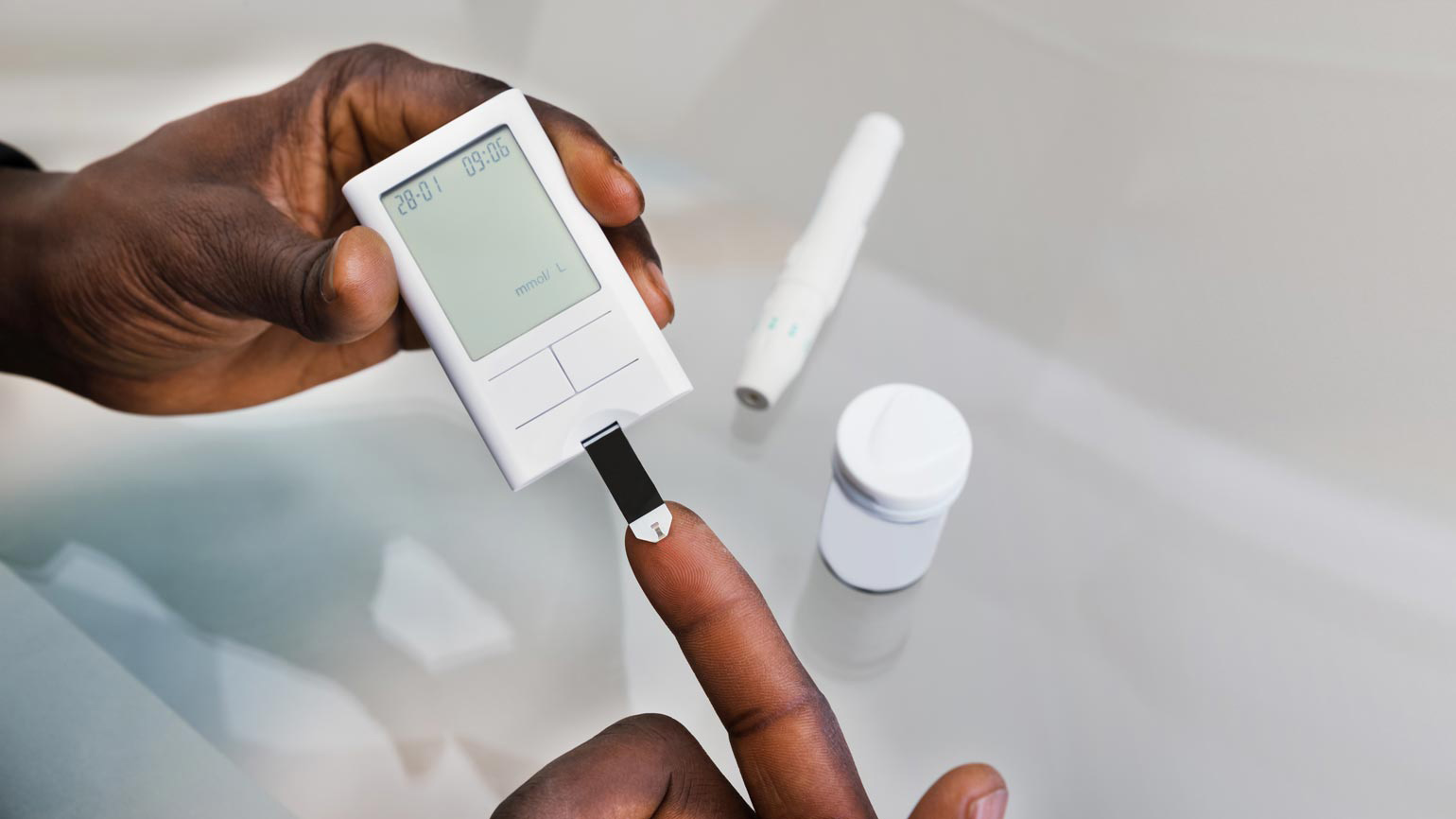
| Presented by |
As we move further into the phased reopening of Bermuda and now into Phase 4, A New Normal, there are steps we can take to help stay as healthy as possible. We are pleased to work with the expert team at NewYork-Presbyterian Hospital to bring you a series of helpful articles on managing your health during this time.
The prevalence of diabetes is increasing rapidly in Bermuda. People with diabetes often have other health problems, including obesity, heart disease, chronic kidney disease and risks of stroke, amputations and blindness. These other factors raise the chance of having severe COVID-19 when someone contracts the coronavirus.
In a study from 2015, 23% of respondents over the age of 65 years disclosed that they had been diagnosed with diabetes.
NCBI, 2015
 |
Learn More About
|
|
Make an appointment +1-212-746-9100 |
If you or a loved one is living with type 1 or type 2 diabetes, you may have questions about the best way to take care of yourselves during this time. While we may be getting further into reopening, many of us will continue to need to practice social distancing to protect our health and those immunocompromised. Please read the tips and advice below, and If you have any questions about your care, contact your physician directly for more information and recommendations that may pertain specifically to you.
PREVENT DIABETIC KETOACIDOSIS
Diabetic ketoacidosis (DKA) is a serious problem that affects people with diabetes. When the body does not have enough insulin circulating to use glucose for energy, the blood becomes acidic. Signs and symptoms of DKA include frequent urination, nausea, vomiting, and abdominal pain. Any severe illness or infection—such as COVID-19—increases the risk of DKA, especially in those with type 1 diabetes. If you become sick:
- Check your blood glucose frequently
- Increase your insulin doses as needed
- Stay well-hydrated; take small, frequent sips of liquids if you feel nauseated
- Do not stop your insulin even if you are eating very little or vomiting
- Make sure you are stocked with both carbohydrate and non-carbohydrate containing beverages as well as nonperishable food at home
STOCK UP ON MEDICATIONS
Make sure you have a sufficient supply of insulin and any other diabetes medications you may be taking. Many pharmacies are offering delivery services for medications and other supplies you may need. If this is a service that would be beneficial to you, call your pharmacy to find out if they deliver.
MONITOR YOUR BLOOD GLUCOSE REGULARLY
If your blood sugar is poorly controlled and you become sick with COVID-19, it can be harder for your body to fight off the infection. Checking your blood glucose as directed by your diabetes care team is essential to maintaining optimal glucose control. Be sure to keep a month or more of testing supplies, such as glucose testing strips or sensors for your continuous glucose monitor.
CHECK IN WITH YOUR DOCTOR
Right now, most patients and doctors are opting for telemedicine—virtual visits via the internet or phone—rather than in-person visits for routine care. Find out if your doctor is offering this service and if so, how you can access it if needed. Or, book a checkup if your Doctor is now offering appointments for routine care.
EXERCISE AND MAINTAIN A HEALTHY DIET
It's easy to move less when you feel stuck inside, but physical activity is very important—especially for people with diabetes. Try to get outside regularly for a walk in your neighbourhood or a nearby park, maintaining an adequate distance from other people and washing your hands when you get back home. There are also many local yoga and personal trainers offering classes online and accessible via streaming services from your own living room.
Staying home also gives you new opportunities for healthier eating, such as lower-fat high-fibre foods, eating healthier-sized portions, and staying away from unhealthy restaurant meals. Choose groceries that include fruits and vegetables and stock up on nonperishable foods so you always have something healthy on hand to prepare your meals. If your glucose readings change because of changes in your diet and activity level, speak with your physician before making any adjustments to your insulin dose or other medications.
CARING FOR THE ELDERLY OR CHILDREN WITH DIABETES
If you are the caregiver for an older person or a child with diabetes, the same recommendations apply: stock up on medications and glucose testing supplies, and check in with their doctors virtually if you have any questions.
~
If you are worried about your weight management and want to arrange an appointment with a local specialist to discuss further, please contact the Bermuda Diabetes Association.
Content Originally Appeared:
https://healthmatters.nyp.org/covid-19-and-diabetes-what-patients-should-know/
https://www.nyp.org/clinical-services/diabetes-and-endocrinology/covid19-diabetes-guidelines







